Graham Reid | | 11 min read

The view from David Paquette's makeshift office on Waiheke explains a lot. From the first-floor room in the old harbourmaster's building at Matiatia there is a vista of green grass and a narrow strip of beach. Beyond, on a clear day, the glistening harbour stretches towards Auckland in the distance.
On a fine day, this is a million-dollar view. On an overcast one, Waiheke is severed from downtown by a veil of mist or cloud.
Either way Paquette, a garrulous New Orleans-schooled pianist who has made Waiheke his home for more than 10 years, is an unpaid salesman for this slice of paradise which, unbeknown to most locals, probably saved his life.
Next weekend Paquette's Waiheke Island of Jazz festival celebrates its 10th anniversary. The first "festival" was Paquette and a piano in Artworks, the converted Mitre 10 store in Oneroa. Next week 38 musicians will fly in from Europe, the States and Australia, and a crew from the American cable channel, Jazz Alley, will film the weekend for an hour-long doco to be available in more than 10 million homes across the States, Europe and Japan.
Parallel to Paquette's international lineup over Easter, a further 80 local musicians will perform at 23 venues across Waiheke in a long weekend of good-time music which gives the island's economy a welcome kick and now has multiple sponsors.
"Waiheke is changing and the face of the festival is too. It's important to me that it not become corporate, I don't want it to be just another festival because it's a bit quirky. I really fight to keep that aspect because I love this place and the way it works. It's different and alternative, you can feel very free and loose and relaxed. And that's how the festival is. I wanted it to have that local flavour."
Paquette is sitting in the garden of the funky Lazy Lounge cafe, the ocean glistening in the bay below. On arrival he's been greeted by warm welcomes and quips from staff and other patrons.
The 51-year-old pianist-cum-promoter with long ponytail, earrings, a gold front tooth inscribed with a musical note and an engagingly loud demeanour is a local identity. But few on the island, or among those who attend his festival, are aware of his colourful past which is hinted at when he again announces his passion for this place.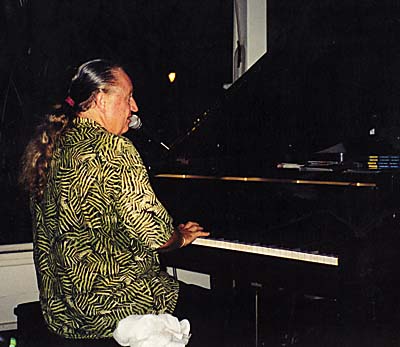 "I love islands, I was on Maui before this. Waiheke has elements of all the places I've lived. Look at this place," he says, gesturing around the cafe. "This reminds me of places in New Orleans I played in my late teens and early 20s. Waiheke's also got a New England flavour to it, particularly on an overcast day when you come in to the wharf. And right now we're sitting under a banana tree - this could be Hawaii.
"I love islands, I was on Maui before this. Waiheke has elements of all the places I've lived. Look at this place," he says, gesturing around the cafe. "This reminds me of places in New Orleans I played in my late teens and early 20s. Waiheke's also got a New England flavour to it, particularly on an overcast day when you come in to the wharf. And right now we're sitting under a banana tree - this could be Hawaii.
"I lived in Aspen when [self-described drug-fuelled gonzo journalist] Hunter S. Thompson ran for sheriff and that was a very 'alternative' time. Waiheke has that edge too. Yeah, it's like bits of all my past."
Born in Connecticut, Paquette was introduced to New Orleans piano styles by his parents, who made frequent trips to that hometown of jazz.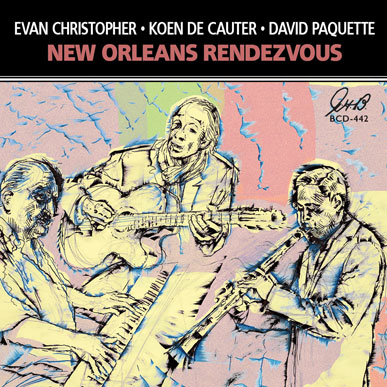 When university years rolled up, he transferred from New York to Louisiana State and inevitably inhabited the piano bars and clubs around the city. He had lessons from the legendary Roosevelt Sykes, played the smoke-filled rooms for years and then hit the road.
When university years rolled up, he transferred from New York to Louisiana State and inevitably inhabited the piano bars and clubs around the city. He had lessons from the legendary Roosevelt Sykes, played the smoke-filled rooms for years and then hit the road.
He lived and worked in Colorado and by the early 70s had a regular gig at the Boarding House in San Francisco, where he opened for the likes of Bette Midler, the Pointer Sisters, and Dr John.
What was intended as a short holiday in Maui led to a 10-year residency at the Pioneer Inn and a further roll call of famous names: Bonnie Raitt, Maria Muldaur, Kenny Loggins ... 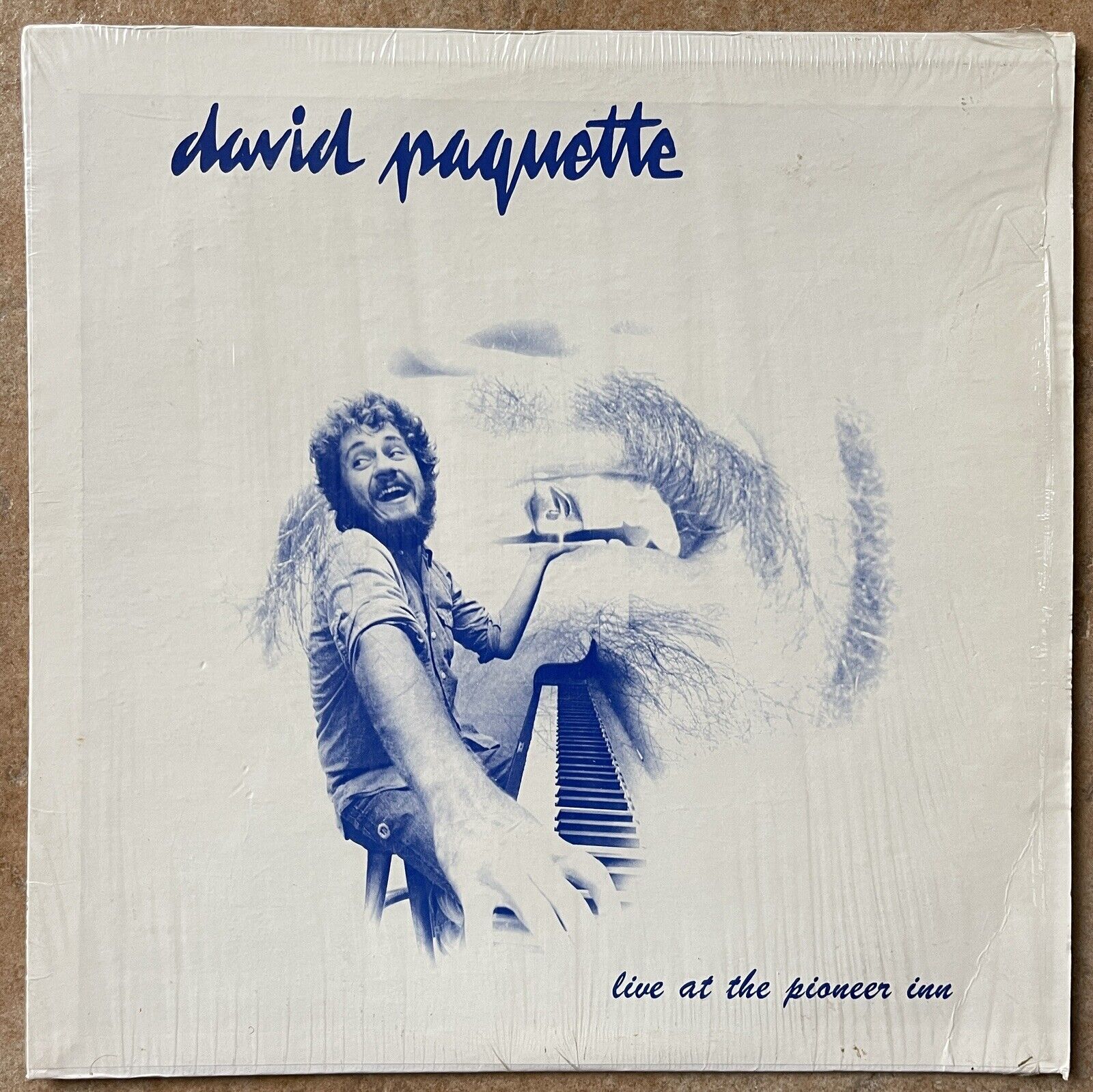 "In my life I have touched base with so many interesting people. John McVie from Fleetwood Mac produced my first album. It was just before they did [their multimillion-selling '77 album] Rumours. I was at the studio when they did that album in Sausalito, California, because I knew Stevie Nicks. She used to come in and sing Nobody Knows You When You're Down and Out at the Pioneer Inn with me."
"In my life I have touched base with so many interesting people. John McVie from Fleetwood Mac produced my first album. It was just before they did [their multimillion-selling '77 album] Rumours. I was at the studio when they did that album in Sausalito, California, because I knew Stevie Nicks. She used to come in and sing Nobody Knows You When You're Down and Out at the Pioneer Inn with me."
And so the stories drop lightly: bourbons with Tom Waits, duets with fellow Maui resident Taj Mahal, Steve Martin's manager sending an e-mail a fortnight ago looking for photos of the Boarding House because Steve and David used to hang out there together "and at Vesuvio's Bar which is [beat poet] Lawrence Ferlinghetti's place."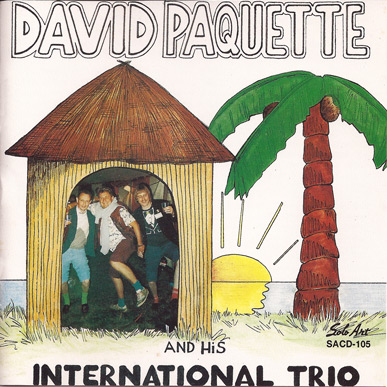 So it is in frozen frames too: a photo of Spike Milligan on David's knee during an Australian tour, another of a young Paquette with BB King ("that leg there belongs to Nina Simone") ...
So it is in frozen frames too: a photo of Spike Milligan on David's knee during an Australian tour, another of a young Paquette with BB King ("that leg there belongs to Nina Simone") ...
As if his remarkable life has just occurred to him he laughs: "It's weird. I've brushed up against all these people, some, like Boz Scaggs, are still friends, but I've never been famous and I don't want to be."
The life, however, came at a cost. A photograph of his rake-thin former self in '73 playing with Woody Allen was taken during "the amphetamine years" and by the early 80s he was drinking two bottles of tequila most days. Yet, as anyone who met him on his first visits to this country would testify, he was not only a prodigious drinker but an exceptional pianist and damn fine company.
Quick with a joke on stage or off, he was a natural and gifted entertainer - and something in New Zealand appealed to him. He played the Tauranga Jazz Festival - one of the few international artists to do so, performers are mostly high school bands - and made annual return visits throughout the 80s, playing everywhere from the Gluepot to the provincial gentlemen's clubs.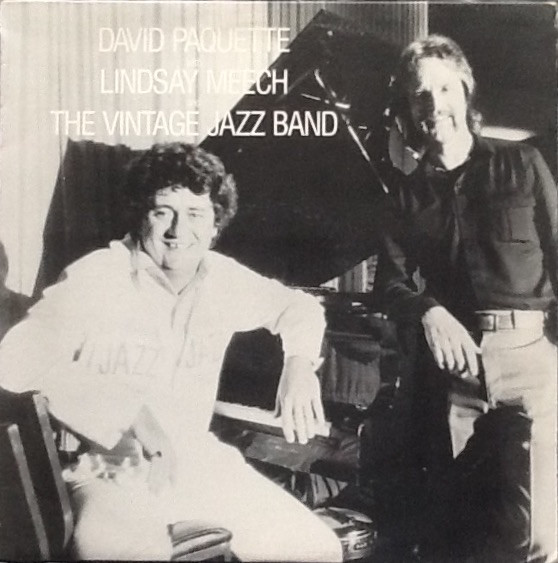 He has fond memories of the old Northern Club on Shortland St: "They had this Scottish maid who'd take care of you. Coming from the States, the leather chairs and port after dinner wasn't even part of our culture. It was wacky and I loved it."
He has fond memories of the old Northern Club on Shortland St: "They had this Scottish maid who'd take care of you. Coming from the States, the leather chairs and port after dinner wasn't even part of our culture. It was wacky and I loved it."
And one year he was invited to play on Waiheke. He returned annually for stays at Onetangi and in 1990 left his home in Maui and his former life behind.
"I gave it away all at once along with the drugs and smoking cigarettes. But I had to, otherwise I wouldn't have made it. I closed the doors. When I came here, I started from scratch. I figured I needed a wok, some silverware and six dishes. I didn't have my previous life."
What the sober and straight Paquette discovered was he had more life - and money - than before. Being flown from Waiheke to Mangere one day he was invited to take the controls. He loved it and decided to get a pilot's licence.
"After the third lesson I thought the only way I'd commit and go through the test was to buy a friggin' aeroplane. Then I'd have to learn, otherwise it would just sit there and embarrass me. So I bought a '66 Cherokee, then took my licence to Switzerland. Every day I'd get out and fly around the Alps. I thought if this is available to humans on this planet, I could do it."
Today he owns the Cherokee, has a Piper J3 Cub at Thames, and drives a 1957 Austin Healey 106 he found in Dunedin.
"The Healey is just another dream - my cousin had one in Connecticut in the early 60s. It's good to reward yourself and it's not over the top. You could build it up like I'm an eccentric with two aircraft and a classic sports car, but I paid $23,000 for the aeroplane, less than the Healey. People imagine these things are worth a lot more, but it's not that luxurious."
If his new-found life offered him such unexpected pleasures, Waiheke's location set him thinking about a jazz festival: situated 30 minutes from a population of one million people, it seemed obvious.
"I didn't want to become a promoter, I just wanted my friends to see this place. Of course I've found I've had to get wound up about things like portable toilets and making sure airline tickets are the right price. But I still work spontaneously and last year I heard the Paris Swing Orchestra and thought, 'They are coming to Waiheke.' Then the question was, how to do it? But they will be here, a 15-piece swing band here for five days.
"There's a financial risk. I've just signed off my house and property on Great Barrier against the overdraft. Even though it's a limited liability company, it's become a personal risk for me. That's a bit scary."
The festivals have made modest profits, enough for Paquette to increase the number of acts every year. They are mostly longtime friends encountered when he plays the European festival circuit during our winter.
Paquette has a creditable profile in the New Orleans music diaspora. After this year's festival, he heads back to New Orleans for his regular club dates during the Jazz and Heritage Festival, then it's off to Paris to play with Les Haricots Rouge (who played Waiheke last year and in '99), and Senegal for two weeks.
"I think it's great, the cycle of learning from black musicians in New Orleans, many of whom came from that French coast of Africa, and now I'm asked to play for a black audience in a jazz club in Dakar.
"That's a wacky circle, but it feels good."
And so the touring goes on: after Dakar it's Holland, then Switzerland, which is his base for two or three months while he also plays around France.
"I'm playing quite a bit in France because my album That Old Feeling was voted the album of the year by the Hot Club of France - Django Reinhardt's old club.
"A lot of people don't know things like that about me here, but that's stuff I'm very proud of. It's a very prestigious award in the style of jazz I play.
"I don't work that much here. There's not much opportunity to play but also I can't be at some restaurant for $90 a night. It's not about the money, it's that people are eating and not paying attention."
Paquette is a piano man who went from keyboards to cash register, but after 10 years he is considering cutting back on his festival commitments.
Maybe he will set it up as a trust and pay himself a salary: "So I'd get paid for doing the music and somebody else can worry about the Portaloos and the tents.
"But what started as just an idea and some fun has also snowballed into me now wanting to have a legacy. I think of this as something which should carry on.
"Why do I do it? It's a passion because, let's be honest, I can play three concerts in Europe and get the same money, easy.
"But I love the buzz of the weekend. I cried last year when the musicians came in on the boat and all pulled out their instruments.
"There was the tent being pounded into the ground and there they were coming off the boat doing a New Orleans parade thing and I thought, 'How did I do this, from one concert?'
"Sure there's kudos and ego involved, and a feeling of power. We all like to be recognised. But I love New Zealand because you can have the idea of a jazz festival. Any other country you've got 30 people all trying to do one at the same time. Here you can just do it."

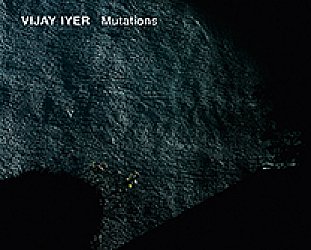
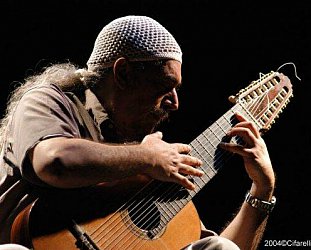
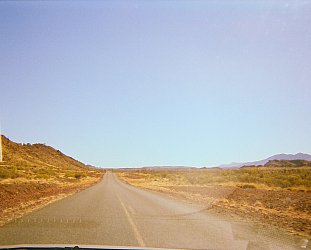
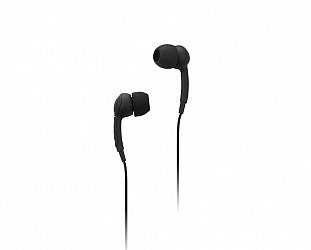
post a comment